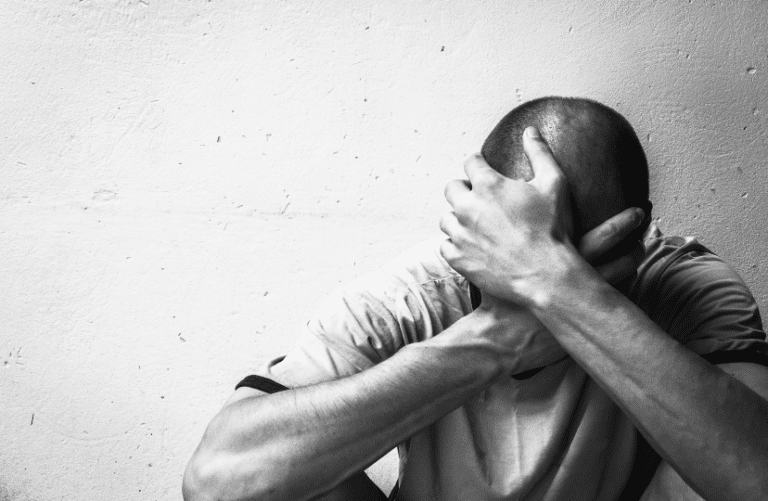Of the many kinds of drug addictions, heroin addiction is one of the most difficult for a person to recover from. However, there are a number of proven treatments and therapeutic methods that can assist one in their recovery. Among these numerous methods and strategies for treating heroin addiction, only one is the most effective in aiding lasting sobriety.
Heroin Addiction Explained
To understand how to effectively treat heroin addiction, one must first understand what heroin is and how it affects the body.
What is Heroin?
Heroin is an illicit drug made from opium, a natural substance found in some Asian and South American poppy plants. Typically, heroin takes the form of a fine powder with a brownish or white-ish color. However, it can also take the form of a black, sticky tar-like substance, known as black tar heroin.
The Effects of Heroin Use
Once consumed, heroin has multiple effects on the human body. The most notable effect is opium’s ability to block pain signals between the brain and various body parts. In doing so, heroin use can provide a user with significant pain relief. This relief often results in feelings of pleasure and euphoria.
As a drug, heroin is classified as a depressant. Drugs in this category affect a user’s brain and body by slowing their bodily functions, interactions, and reactions. Most often, this gives heroin users a calming effect, typically making them feel numb.
Despite these often desired effects, heroin use and heroin addiction also come with several serious potential side effects, including insomnia, heart infections, liver disease, kidney disease, mental disorders, hypoxia, and overdose.
Cognitive Behavioral Therapy: Most Effective for Heroin Addiction
Typically, therapeutic methods are the most effective for treating heroin addiction. Unlike pharmacological treatment, therapeutic methods seek to heal both the mental and physical aspects of an addiction — instead of just the physical. One of the most effective therapeutic methods for treating heroin addiction is cognitive behavioral therapy.
What is Cognitive Behavioral Therapy?
Cognitive behavioral therapy (CBT) is a therapeutic method often used in addiction treatment to help modify a person’s behavior. With CBT, a person with a heroin addiction — or other kind of addiction — works with a therapist to help them identify the subtle connections between their thoughts, feelings, and actions. In doing so, one can learn how these connections impact or even lead to their addiction. By identifying them, a person can then work to modify their behavior, making them less prone to addictive behaviors and more likely to stay in recovery.
Benefits of Cognitive Behavioral Therapy
The use of a therapeutic method like cognitive behavioral therapy offers those with a heroin addiction several benefits. These benefits include:
Enhanced Communication Skills
Any type of therapy forces an individual to put their thoughts and feelings into words or some other form of expression. While this process can be difficult for some, the repeated practice from daily, weekly, or biweekly therapy sessions makes it easier over time. This almost always helps those who engage in therapeutic methods to enhance their communication skills.
Improved Self-Reflection
Engaging in a therapeutic method for treatment like CBT forces a person with a heroin addiction to reflect and learn more about themselves. In CBT, a person does this in order to identify how their thoughts, feelings, and overall mental health may have contributed to their addiction. By identifying these factors through self-reflection, a person can then modify their behavior. But, ultimately, one must practice the art of self-reflection, which will become easier through CBT sessions.
Trigger Management and Behavioral Modification
After self-reflecting and identifying the mental aspects of their addiction, an individual can then work with their addiction therapist to learn how to successfully cope with triggers for their addiction. They can also learn how to modify their behavior, committing themselves to healthy habits and activities rather than relapsing. In doing so, patients of CBT often have greater success in maintaining long-term sobriety.
Searching for a Therapeutic Method for Heroin Addiction Near You?
If you or a loved one are searching for therapeutic methods like cognitive behavioral therapy for heroin addiction, contact us today! Our team of addiction specialists at Knoxville Recovery Center are always ready to help someone enter and remain in recovery.










